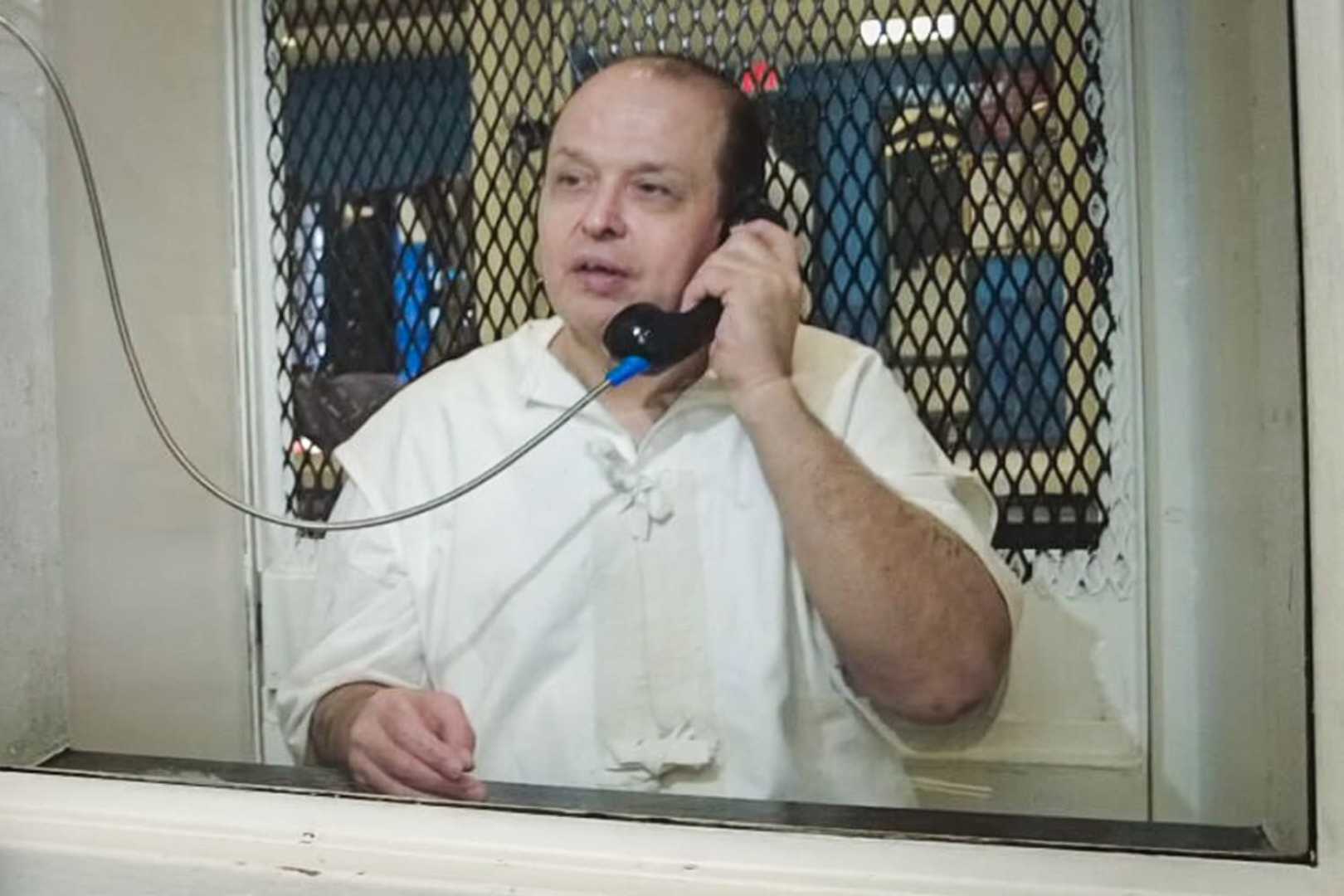News
Controversial Execution Case Puts “Shaken Baby Syndrome” Under Scrutiny

Robert Roberson is scheduled for execution on October 17, presenting a high-profile case centered around the controversial “shaken baby syndrome” hypothesis. Defense attorneys for Roberson have submitted an emergency motion to the Texas Court of Criminal Appeals to delay the execution, citing new scientific evidence that challenges the validity of the conviction.
“[Roberson] fluctuates between despair and being buoyed with hope when anyone expresses sympathy and encouragement,” Roberson’s attorney Gretchen Sween told ABC News. “It is yet another layer of cruelty in this process watching what he’s going through.”
The case traces back to 2002 when Roberson discovered his 2-year-old daughter Nikki unconscious, leading to a conviction based on a diagnosis of “shaken baby syndrome” provided by a testifying pediatrician. This diagnosis has been widely discredited and is at the core of Roberson’s legal team’s arguments for clemency.
Recent findings indicate Nikki had pneumonia at her death and was under medication like codeine and promethazine, which could have compromised her ability to breathe. Dr. Keenan Bora, a toxicology expert, suggested that these drugs likely exacerbated her respiratory issues. Additionally, Dr. Francis Green highlighted that severe pneumonia led to organ failure, contradicting the initial claims of inflicted injuries.
Support for Roberson’s clemency has been widespread. Over 30 medical experts have encouraged the Texas Board of Pardons and Paroles to reconsider the sentence, emphasizing that modern medical understanding challenges the original interpretations of the evidence.
A bipartisan group of 86 Texas state representatives have voiced their support for Roberson’s clemency, noting that recent scientific developments should warrant a new trial under Article 11.073, a changed-science law. State Representative Lacey Hull remarked on the emotional impact of Roberson’s case, stating her prayers that justice will prevail.
In a parallel development, the Texas Court of Criminal Appeals has granted a new trial for Andrew Roark, another individual convicted under similar circumstances, citing evolved scientific perspectives on “shaken baby syndrome.” Roberson’s attorney, Gretchen Sims Sween, argues that the similarities in the cases demand a consistent legal approach, potentially sparing Roberson from execution.
Lead detective Brian Wharton, who was instrumental in Roberson’s initial arrest, has since expressed regret and supports his release, admitting the role he played in Roberson’s conviction was regrettable.
According to the National Registry of Exonerations, over 30 individuals have been wrongly convicted due to the controversial “shaken baby” hypothesis since 1992. The case now awaits further developments as Roberson’s execution date looms and all eyes are on Texas Governor Greg Abbott and the state board for a potential intervention.












